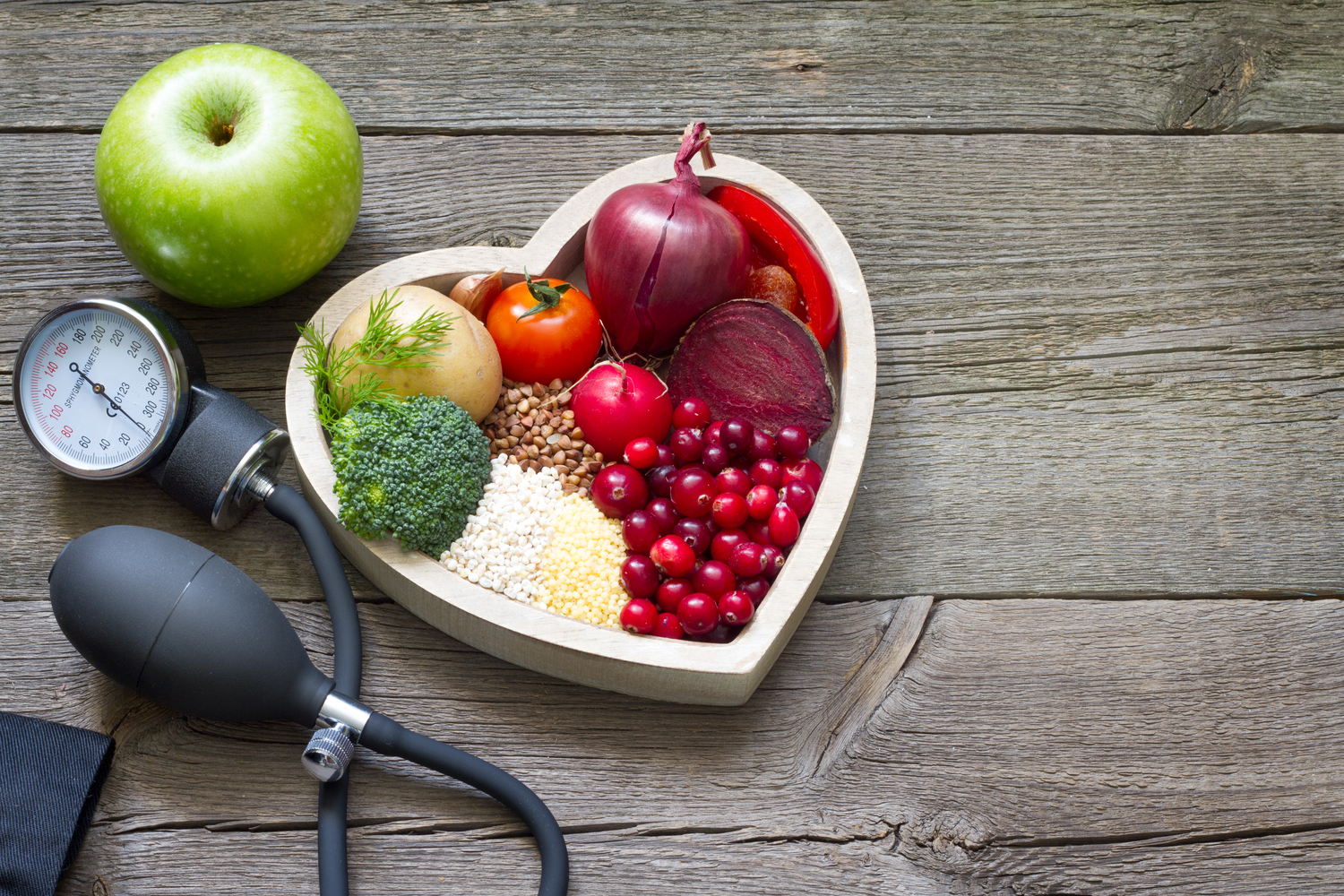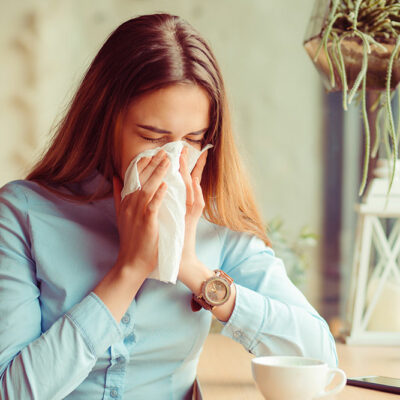
Natural Ways to Lower High Cholesterol
Cholesterol is a type of fat that forms in the human body naturally. Eating meats and fried foods can increase cholesterol levels. A healthy cholesterol level is needed to maintain normal hormone function. When cholesterol is too high, it reaps havoc on the heart, brain and can negatively impact other bodily functions. High cholesterol is a result of poor diet and low physical activity. There are two types of cholesterol, HDL cholesterol is the good cholesterol, while LDL cholesterol is the unhealthy kind.
Triglycerides are another factor that is monitored in conjunction with HDL and LDL levels and iss is a type of fat that the body stores. Excessive levels of triglycerides can lead to heart disease. Yet, there are many natural ways to help lower high cholesterol and triglycerides, including:
1. Lower cholesterol with better eating habits
A change in diet is the first and foremost way to control cholesterol levels. Begin by eating more foods that reduce cholesterol, such as oats, whole grains, green leafy vegetables, and fruits high in fiber, like apples. Pay attention to fiber intake and consume as much as possible. You can reduce cholesterol by eating less food with saturated fat and by eating a lot of garlic. Garlic supplements are available if you find the taste or smell is overwhelming.
2. Leverage physical activity to burn fat
Cardio exercises such as walking, cycling, and running can get blood flowing and reduce body fat, which includes the fat that turns into plaque in the arteries. Weight training is also great for burning fat. The recommended length of a workout is at least 30 minutes every day. Be sure to go at a pace that works for you and consider talking to your doctor before starting an exercise regimen.
3. Stop smoking to increase HDL
There are chemicals in cigarette smoke that reduces HDL levels (good cholesterol). Quitting smoking is not easy to do, but with help it is possible to stop smoking. Giving up smoking takes time, but by quitting smoking you can see a rise in HDL levels. Higher HDL levels keep the LDL (bad cholesterol) from rising to levels that increase the risk of having heart disease or stroke.
4. Medication
Do what you can naturally but talk to your doctor. Depending on the individual, increased physical activity and an improved diet may not always be enough. Medication can be prescribed to help manage cholesterol levels. Statins are the most common prescription to help manage cholesterol. Bile acid sequestrants or PCSK9 inhibitors may be prescribed if statins cannot. Be sure to talk to your doctor about the potential side effects as well as the benefits of these medications.
Make an appointment with your doctor as soon as possible to know your HDL and LDL numbers. Get some exercise, plenty of rest, stop smoking, and keep current with prescribed medication to see these numbers change for the better.


